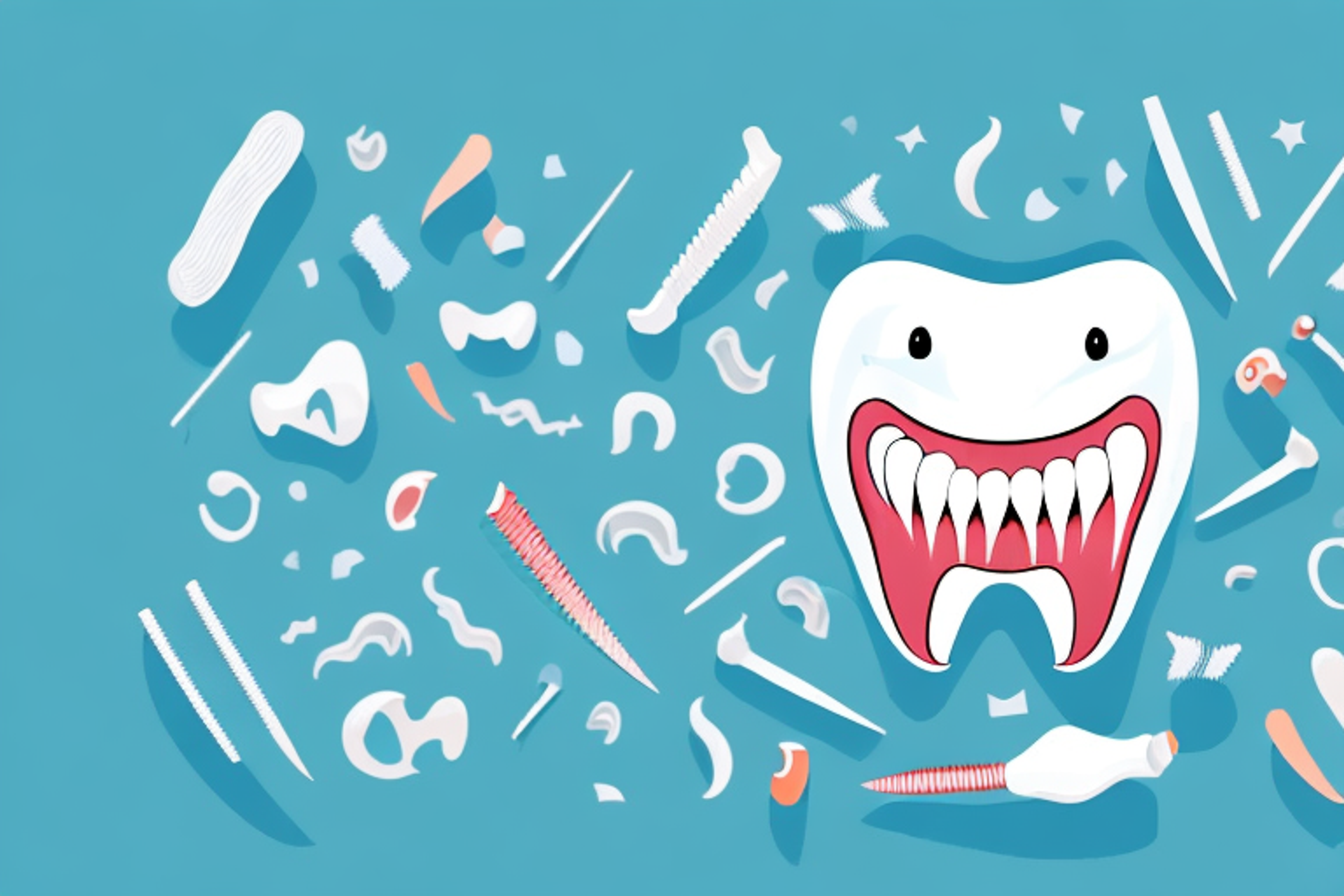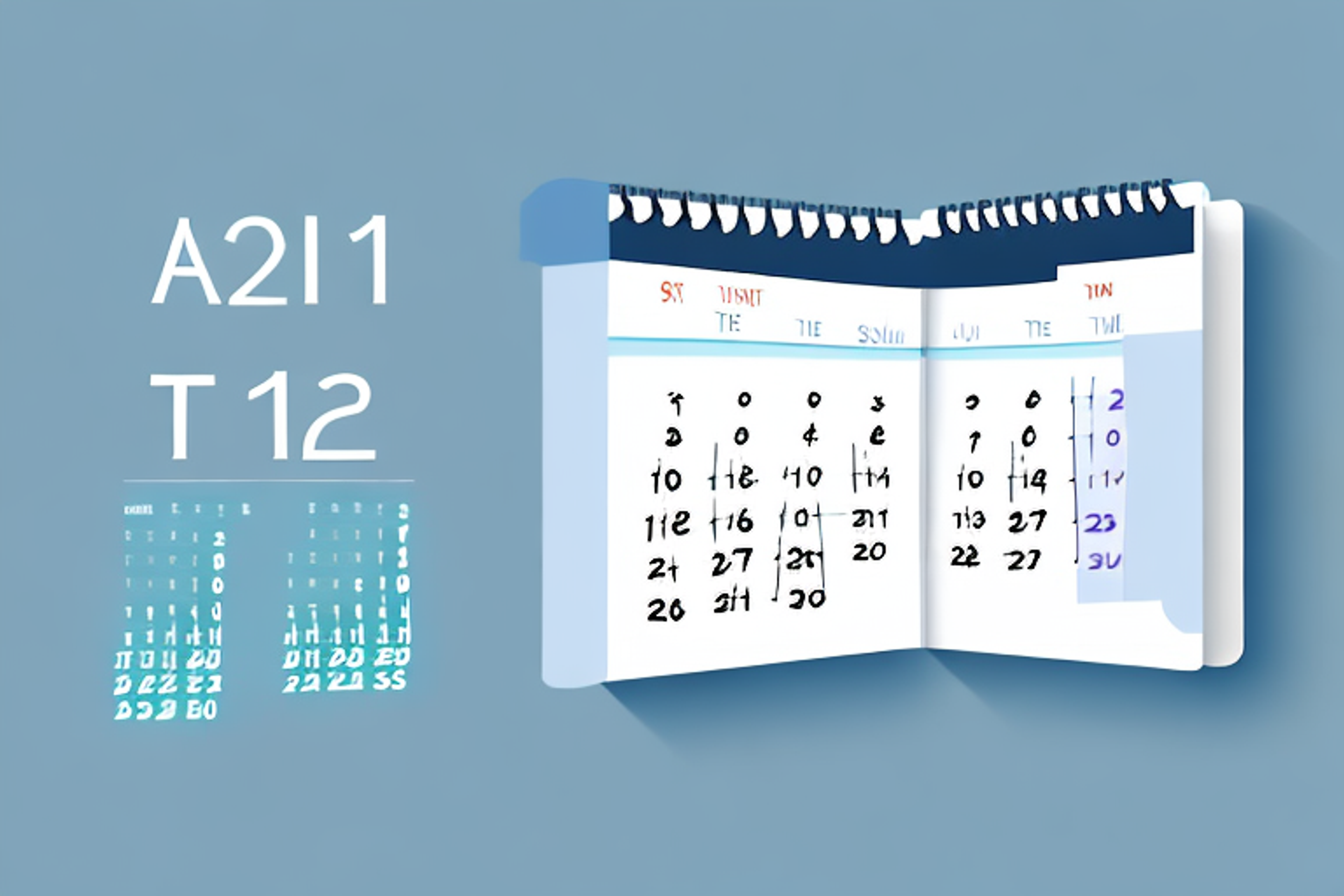Teeth, Tests, and Triumphs: A DAT Study Guide Worth Grinning About
Looking to ace the Dental Admission Test (DAT)? Look no further than our comprehensive study guide. Packed with tips, tricks, and practice questions, this guide will have you grinning from ear to ear as you prepare for your dental school journey..
Posted April 10, 2025

Table of Contents
Are you considering applying to dental school? If so, you'll likely need to take the Dental Admission Test (DAT). The DAT is a standardized test that evaluates your academic abilities and scientific knowledge as they pertain to the field of dentistry. But don't worry -- with the right study materials and preparation, you can conquer the DAT and secure your place in dental school. In this article, we'll provide you with a comprehensive DAT study guide that will help you succeed on test day.
What is the DAT?
The Dental Admission Test, commonly known as the DAT, is a standardized test used to evaluate the scientific knowledge and academic abilities of prospective dental students. The DAT is administered by the American Dental Association and is comprised of four sections: Survey of the Natural Sciences, Perceptual Ability Test, Reading Comprehension Test, and Quantitative Reasoning Test. The test is scored on a scale from 1 to 30, with 30 being the highest possible score.
It is important to note that the DAT is a crucial component of the dental school application process. Many dental schools require applicants to submit their DAT scores as part of their application. The test is designed to assess an applicant's readiness for the rigorous academic curriculum of dental school. In addition to academic abilities, the DAT also evaluates an applicant's critical thinking and problem-solving skills, which are essential for success in the field of dentistry.
Why is the DAT important for dental school admissions?
The DAT plays a crucial role in dental school admissions. Your DAT score, along with other factors such as your GPA, extracurricular activities, and personal statement, will be taken into consideration when dental schools are evaluating your application. A high DAT score can increase your chances of getting accepted into dental school, while a low score can hurt your chances. It's important to do well on the DAT if you want to pursue a career in dentistry.
One reason why the DAT is so important is that it provides dental schools with a standardized way to evaluate applicants. Since the test is the same for everyone, it allows admissions committees to compare applicants fairly and objectively. This helps ensure that the most qualified candidates are accepted into dental school.
Another reason why the DAT is important is that it tests skills that are essential for success in dental school. The test covers topics such as biology, chemistry, and physics, which are all subjects that dental students need to have a strong foundation in. By doing well on the DAT, you demonstrate to dental schools that you have the knowledge and skills necessary to succeed in their program.
Understanding the format of the DAT
Before you begin studying for the DAT, it's important to understand the format of the exam. The DAT is divided into four sections:
- The Survey of the Natural Sciences section tests your knowledge of biology, general chemistry, and organic chemistry.
- The Perceptual Ability Test section evaluates your spatial reasoning, perceptual speed, and visualization skills.
- The Reading Comprehension Test section assesses your ability to interpret and analyze complex reading passages.
- The Quantitative Reasoning Test section tests your mathematical skills, including algebra, geometry, and trigonometry.
Each section is timed, and you'll have a total of 5 hours to complete the exam. It's important to practice under timed conditions to ensure that you're able to manage your time effectively on test day.
It's important to note that the DAT is a computer-based exam, which means that you'll be answering questions on a computer screen rather than on paper. This can be a significant adjustment for some test-takers, so it's a good idea to practice using computer-based testing software before the exam.
Additionally, it's worth mentioning that the DAT is a high-stakes exam that can have a significant impact on your future career as a dentist. Many dental schools use the DAT as a key factor in their admissions decisions, so it's important to take the exam seriously and prepare thoroughly to maximize your chances of success.
Tips for preparing for the DAT
Effective preparation is key to doing well on the DAT. Here are some tips to help you get started:
- Begin studying as early as possible. Give yourself plenty of time to review all the material thoroughly.
- Identify your strengths and weaknesses. Focus on improving areas where you're weaker.
- Create a study plan and schedule. Break down your studying into manageable chunks.
- Use a variety of study materials, including textbooks, practice tests, and flashcards.
- Enroll in a DAT preparation course if you feel you need extra help.
How to create a study plan for the DAT
A study plan will help you stay organized and on track during the months leading up to the DAT. Here's a sample study plan to help you get started:
- Weeks 1-2: Review general biology.
- Weeks 3-4: Review general chemistry.
- Weeks 5-6: Review organic chemistry.
- Weeks 7-8: Focus on improving your perceptual abilities.
- Weeks 9-10: Focus on improving your reading comprehension.
- Weeks 11-12: Focus on improving your quantitative reasoning skills.
- Weeks 13-14: Take practice tests and identify areas where you need further improvement.
The best study materials for the DAT
There are many study materials available to help you prepare for the DAT. Here are some of the best:
- Crack the DAT
- DAT Bootcamp
- Kaplan DAT
- Barron's DAT
- The DAT Destroyer series
Strategies for acing the Quantitative Reasoning section of the DAT
The Quantitative Reasoning section of the DAT can be challenging, especially if you're not comfortable with math. Here are some strategies to help you do well on the Quantitative Reasoning section:
- Memorize formulas and equations. The more you memorize, the more time you'll save on test day.
- Practice your mental math skills. On test day, you won't be allowed to use a calculator.
- Work backwards from the answer choices. Plug in each answer choice until you find the one that works.
- Eliminate obviously incorrect answers.
How to master the Perceptual Ability section of the DAT
The Perceptual Ability section of the DAT evaluates your spatial reasoning and visualization skills. Here are some strategies to help you do well on this section:
- Practice, practice, practice. The more you practice, the more you'll improve your skills.
- Use a mirror. Place a mirror in front of you and practice visualizing the objects in reverse.
- Identify patterns. Look for patterns and similarities between objects.
Tips for excelling in the Reading Comprehension section of the DAT
The Reading Comprehension section of the DAT assesses your ability to read and analyze complex passages. Here are some tips to help you do well on this section:
- Read actively. Highlight important passages and take notes as you read.
- Practice critical reading. Look for the main idea and supporting details in each passage.
- Summarize each passage. Write a brief summary of what you've read.
What to expect on test day: logistics and tips
On test day, you'll need to arrive at the testing center early and bring several forms of identification. You'll also need to leave all personal belongings outside of the testing room. Here are some additional tips to help you on test day:
- Get a good night's sleep before the exam.
- Eat a healthy breakfast to fuel your brain.
- Bring a sweater or jacket in case the testing room is chilly.
- Manage your time effectively. Pace yourself during the exam to ensure you have enough time to complete all sections.
- Don't spend too much time on any one question. If you're stuck on a question, move on and come back to it later.
Common mistakes to avoid on the DAT
Here are some common mistakes to avoid when taking the DAT:
- Not practicing under timed conditions.
- Not allocating enough time to each section of the exam.
- Not reviewing all the material thoroughly.
- Not following a study plan or schedule.
- Not taking breaks during the exam to stay fresh and focused.
How to cope with test anxiety during the DAT
Experiencing test anxiety is normal, but it's important to manage it effectively so it doesn't interfere with your performance on the DAT. Here are some strategies to help you cope with test anxiety:
- Practice deep breathing exercises.
- Visualize success. Imagine yourself doing well on the exam.
- Take breaks during the exam to relax and refocus.
- Stay positive and don't let small mistakes derail your confidence.
The importance of maintaining good oral hygiene while preparing for the DAT
As you prepare for the DAT, it's easy to get caught up in studying and neglect other aspects of your life. However, it's important to maintain good oral hygiene during this time. Brush and floss regularly, and see your dentist for cleanings and check-ups. A healthy mouth is essential for a successful dental career.
Success stories from students who used this study guide
Many students have used this DAT study guide and achieved great success on the exam. Here are some testimonials:
- "Thanks to this study guide, I was able to score a 29 on the DAT! I highly recommend it to anyone preparing for the exam." -Sarah H.
- "This study guide helped me improve my reading comprehension skills and ace that section on the DAT. Thank you!" -John L.
Frequently asked questions about the DAT and this study guide
Here are some frequently asked questions about the DAT and this study guide:
- Q: How many times can I take the DAT?
- A: You can take the DAT up to three times, but it's recommended that you only take it twice.
- Q: What's the average DAT score?
- A: The average DAT score is around 19-20.
- Q: Is this study guide available in print form?
- A: No, this study guide is only available online.
With the right preparation, you can conquer the DAT and achieve your dream of becoming a dentist. Good luck!











